Print a sequencing worksheet for 1st or 2nd grade with an engaging bear story! Give students practice identifying the story beginning, series of events and ending.
Bear-y Fun Sequencing Worksheets
Save time on your lesson planning with a four-page bundle of “bear-y” fun sequencing worksheets perfect for your reading centers or individual activity! Available in a printable PDF format, each worksheet is available in both a color and black and white format.
In this teacher-created sequencing activity, students will first read the traditional Norwegian folktale Why Bears Have Stumpy Tails. The simple story about a bear’s encounter with a fox has clear events, making it perfect for a basic sequencing activity for young readers.
Students will then practice sequencing the beginning, middle and end of the story in order using the cut-and-paste worksheets. In order to complete the task, they are required to cut out the sentences summarizing the story and place them in the correct order in the table provided. The table provides scaffolding labels to help the students paste the sentences in the appropriate sections — orientation, series of events in time order and resolution — to complete the sequence of story events.
What Is Sequencing? How to Explain The Process to Your Students
Searching for a simple way to explain sequencing to your students? Sequencing is putting the parts of a story in the order in which they take place.
No matter what it is about, each story has a specific structure or sequence:
- The beginning
- The middle
- The end
Practice Identifying Story Events in Order
This versatile resource can be used in various ways in your early years classroom. Why not try some of the following activities:
- Whole-class activity (via smartboard)
- Reading group task
- Individual practice
- Homework task
- Summative assessment
Differentiate this task for learners of varied abilities by encouraging more confident readers to complete the activity independently. Less confident readers may benefit from completing the activity in a small-group setting with adult support.
Download to Get Started!
Use the dropdown menu next to the Download button to choose between the color or black-and-white version of this resource.
More Sequencing Worksheets & Activities
Keep the sequencing lesson planning going! Check out some more of our favorite worksheets and activities:
[resource:5028599] [resource:4931837] [resource:4929888]
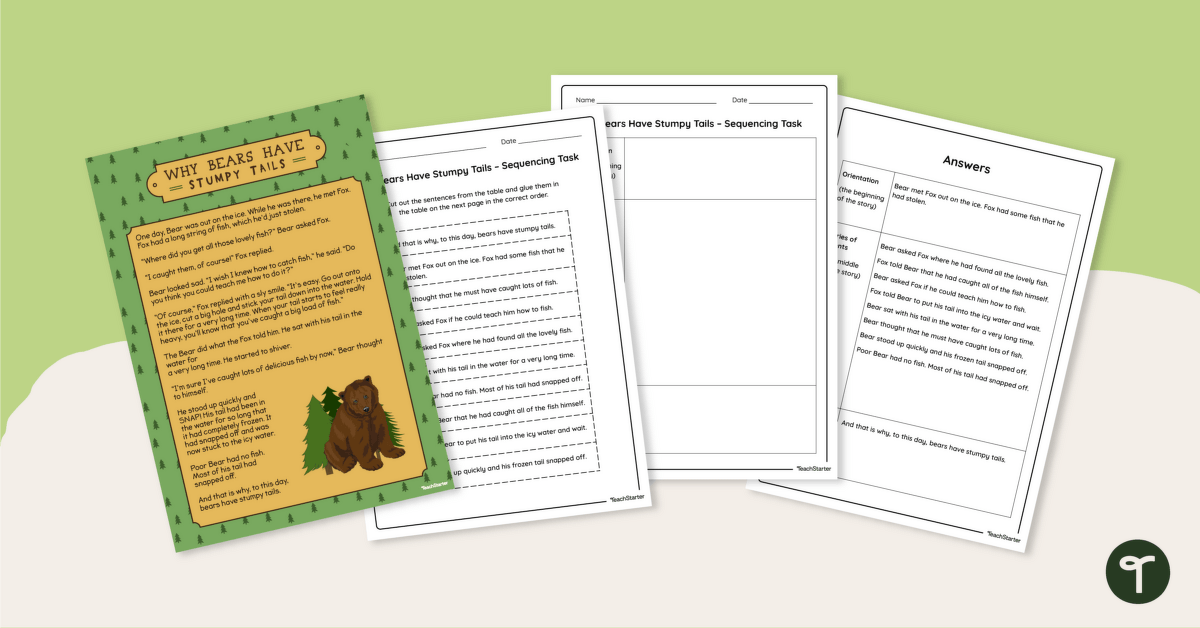

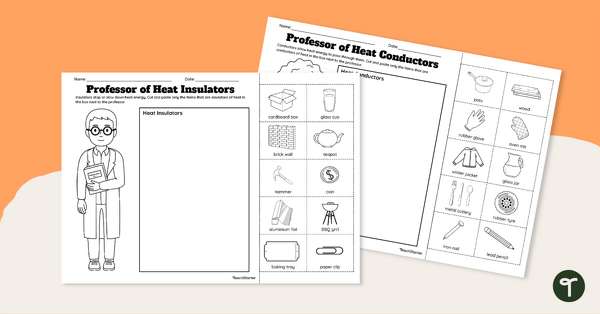
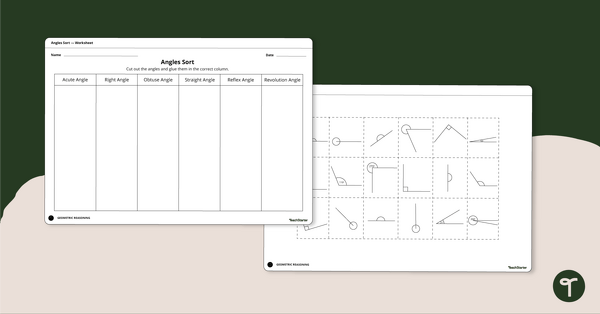
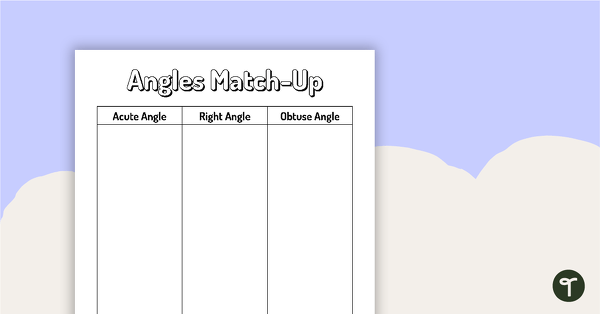
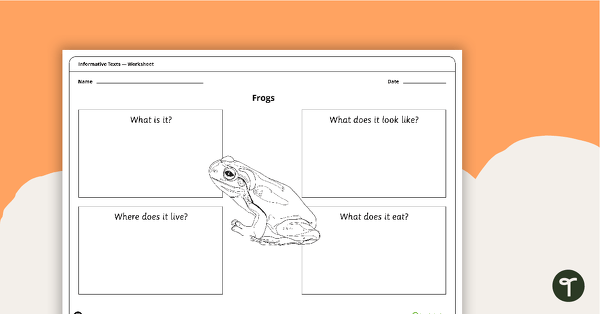
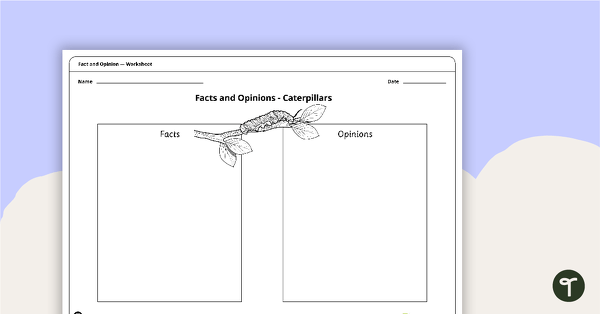
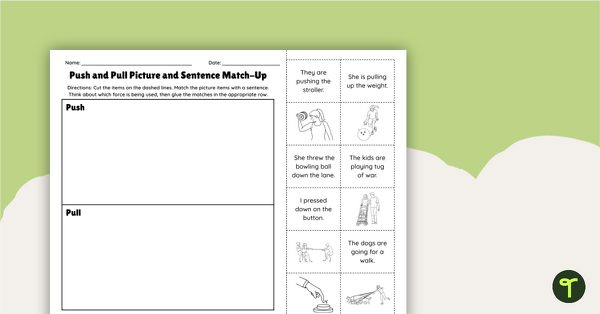
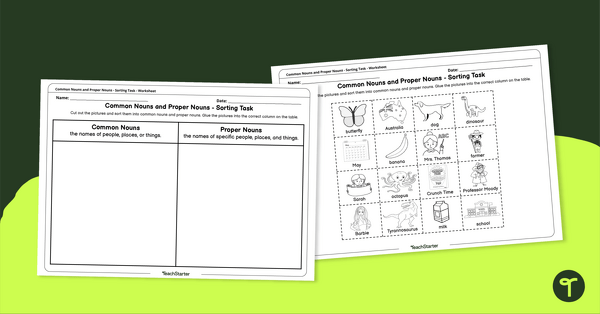
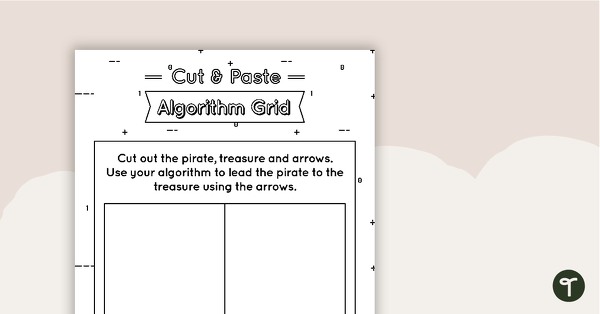
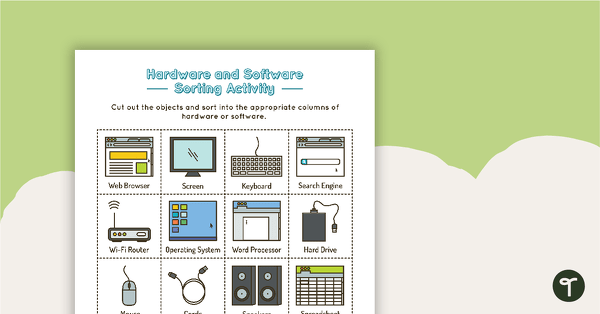
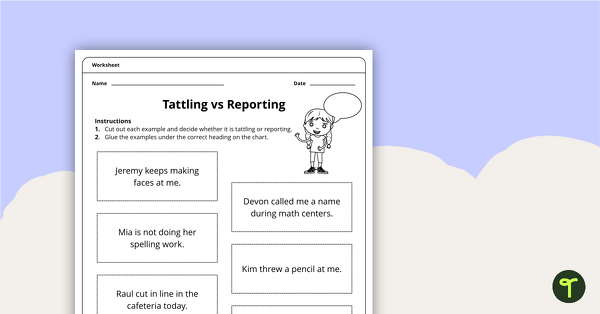
0 Comments
Write a review to help other teachers and parents like yourself. If you'd like to request a change to this resource, or report an error, select the corresponding tab above.